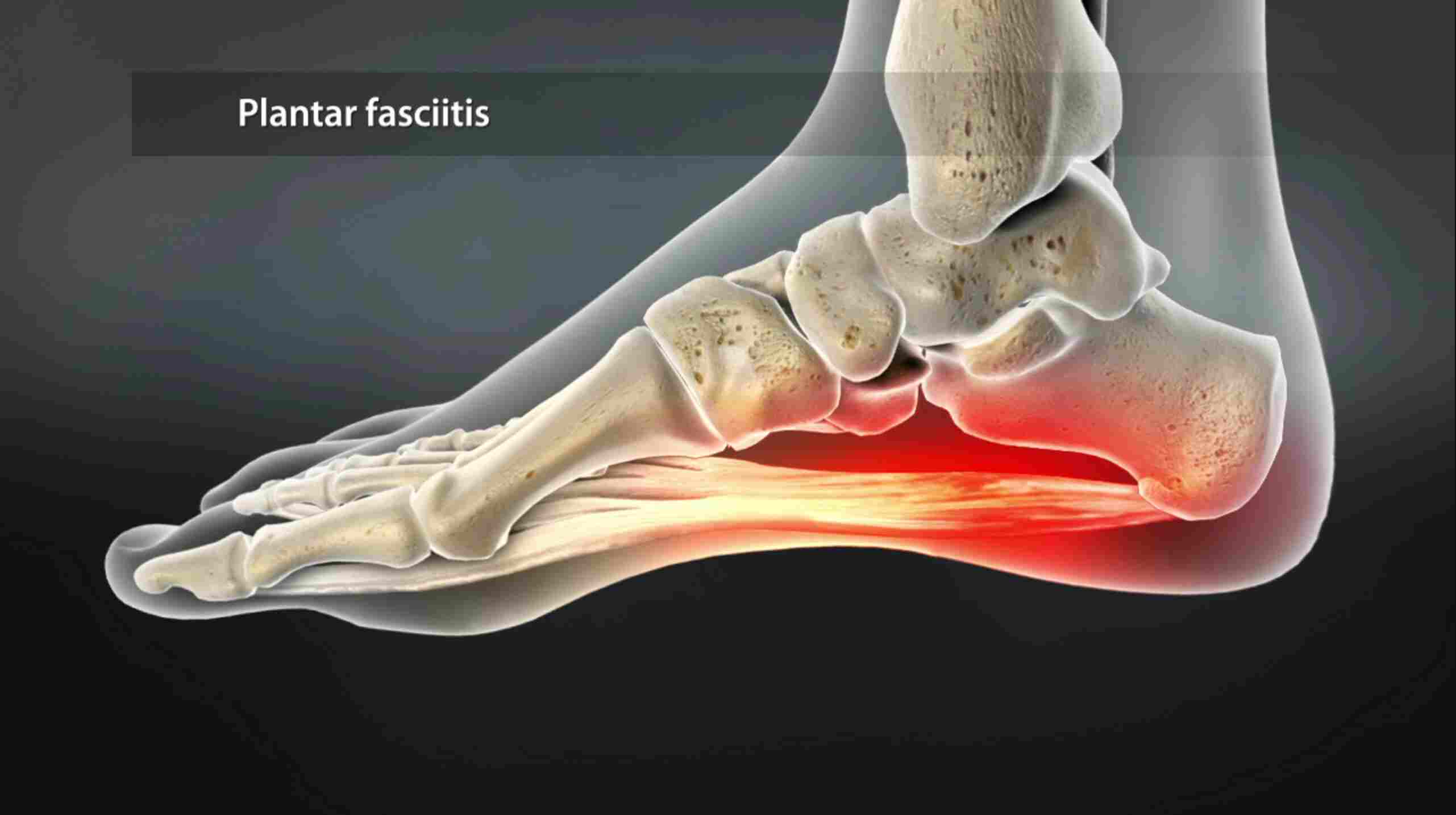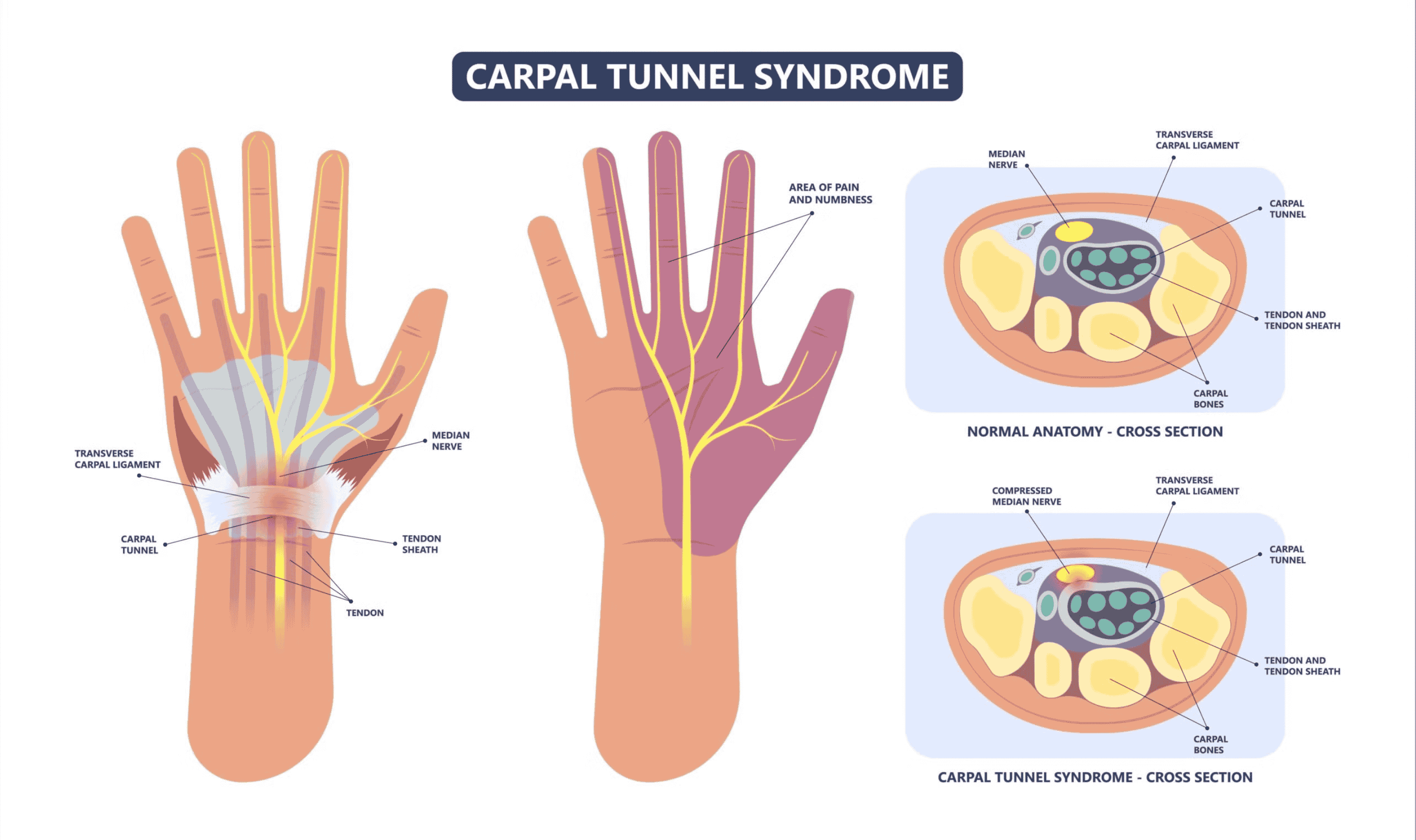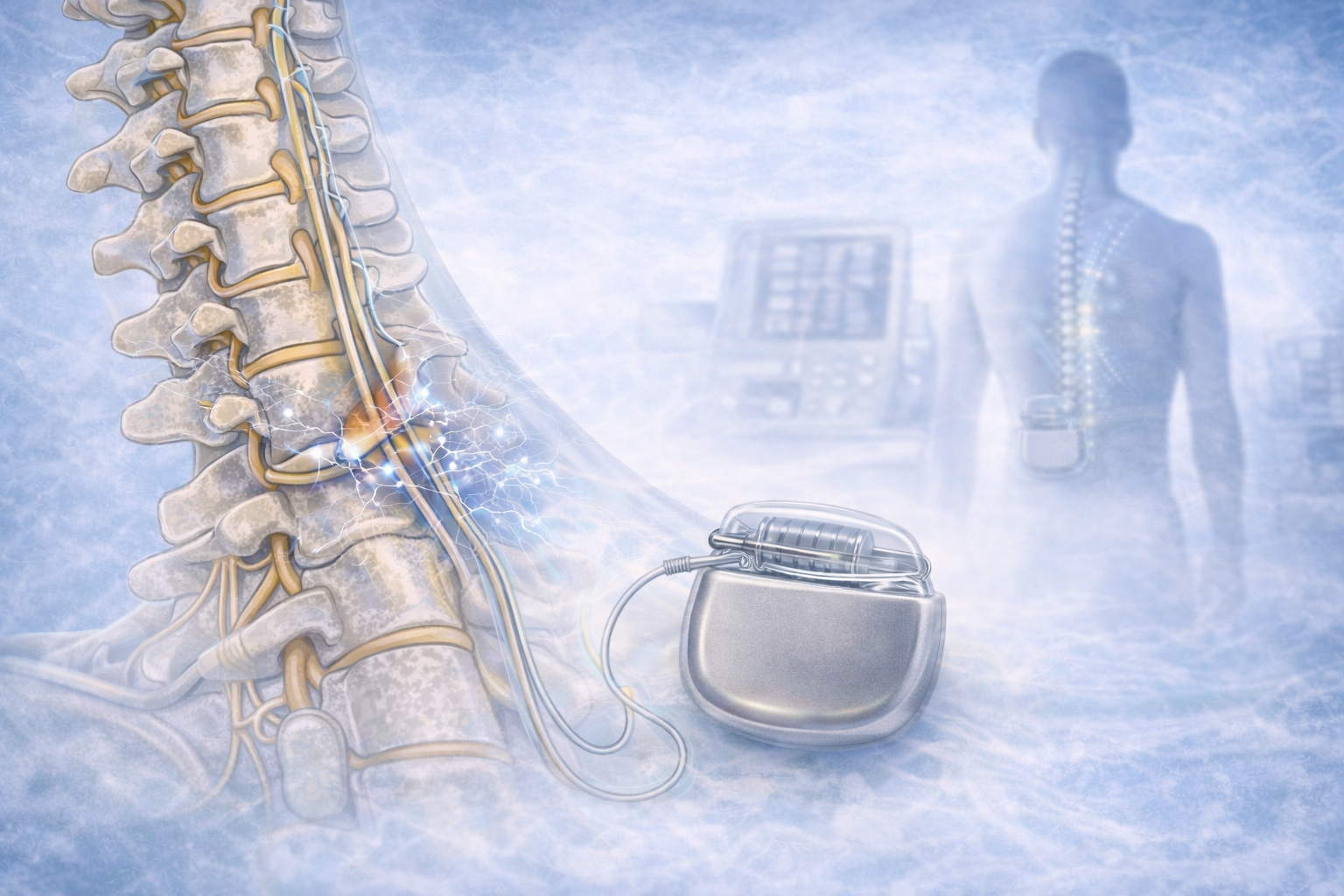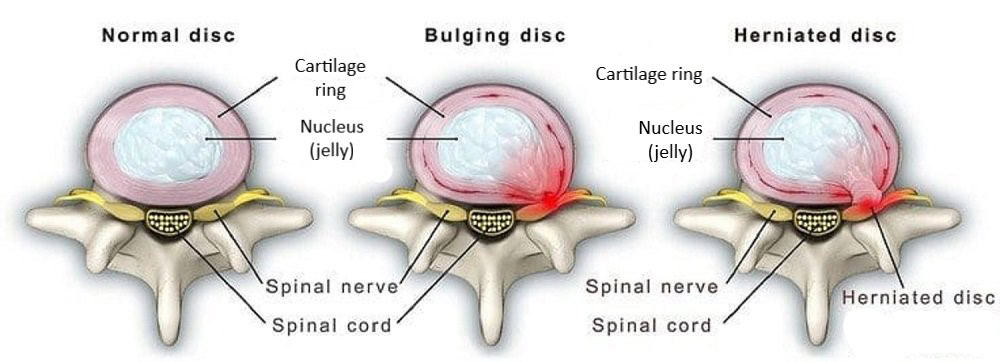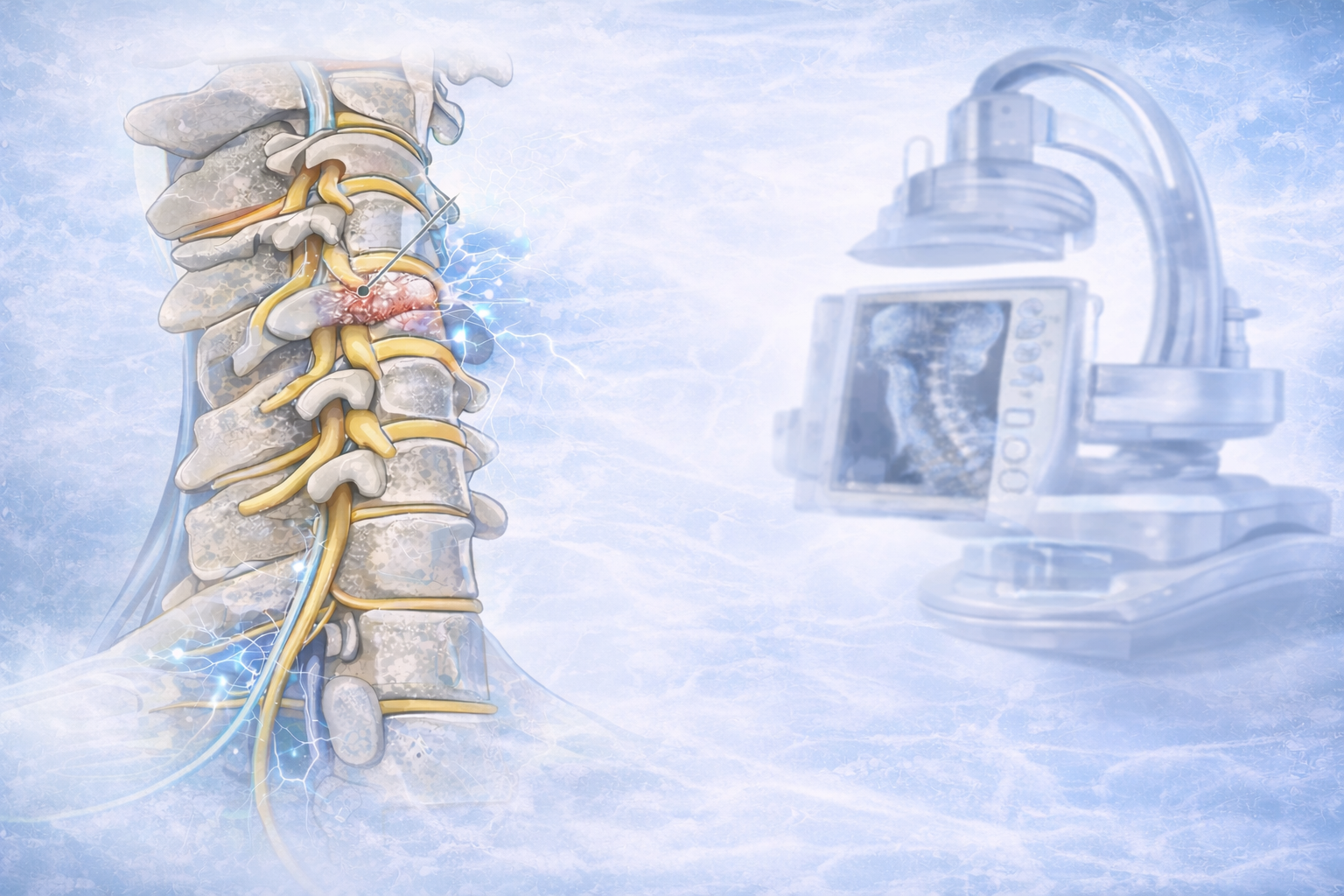Radiofrequency knee pain treatment
Genicular nerve radiofrequency ablation (RFA) recently gained popularity as an intervention for chronic knee pain in patients who have failed other conservative or surgical treatments. RFA targets nerves by relying on bony landmarks but fails to provide visualization of vascular structures.
What is genicular nerve ablation?
Genicular ablation is an innovative option for treating knee pain without surgery. By selectively applying radiofrequency waves to the nerves surrounding the knee, one can effectively relieve pain in the knee. There is no steroid used in this procedure, In fact, no medication is injected into the knee joint at all.
What types of genicular nerve?
The knee joint is innervated by the articular branches of various nerves, including the femoral, common peroneal, saphenous, tibial, and obturator nerves. These branches around the knee joint are known as genicular nerves.
How long does the Genicular nerve block last?
Once you have a successful nerve block your doctor will schedule you for the neurotomy (nerve deadening). This is a very similar procedure as above expect rather than numbing and blocking the nerve, the doctor will deaden the nerve with a special needle. This relief may last anywhere from 6 months to two years
How long does it take for radiofrequency ablation to start working?
It can take three or more weeks for the full effects of radiofrequency ablation to be felt. The pain relief may last six months to a year or even longer. Sometimes, nerves do grow back
How long does radiofrequency ablation take to work?
Patients are often up and around and back to work 24 to 72 hours after the procedure. Pain relief is typically experienced within 10 days, although relief may be immediate for some patients and take up to three weeks for others
What are the side effects of radiofrequency ablation?
Radiofrequency ablation procedure-related risks. Superficial skin infections over the injection site. Damage to surrounding blood vessels and nerves during needle insertion resulting in excessive bleeding and/or irreversible neurologic damage-causing long-term numbness and tingling.
How painful is nerve ablation?
It is a safe procedure in which a portion of nerve tissue is destroyed or removed to cause an interruption in pain signals and reduce pain in that area. Nerve ablation can be done in different ways. Depending on how the ablation is done, it may cause you to feel a buzzing or tingling sensation.










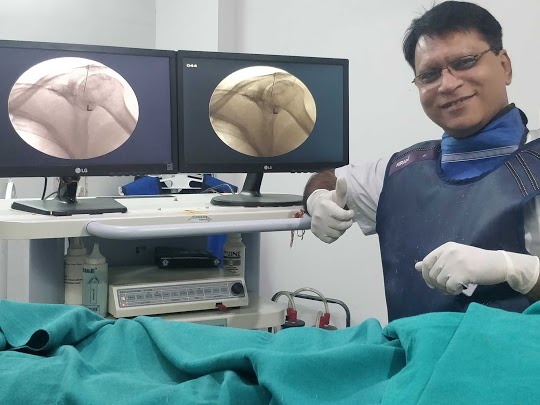




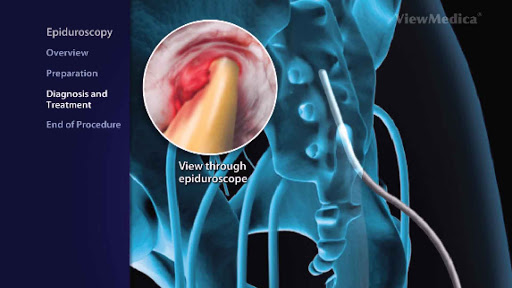

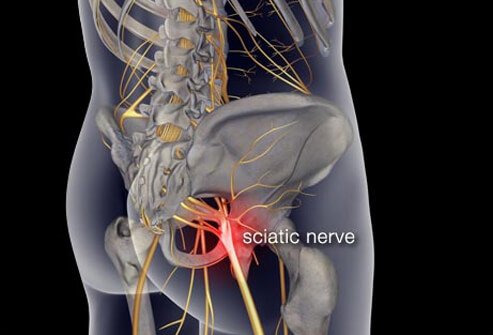








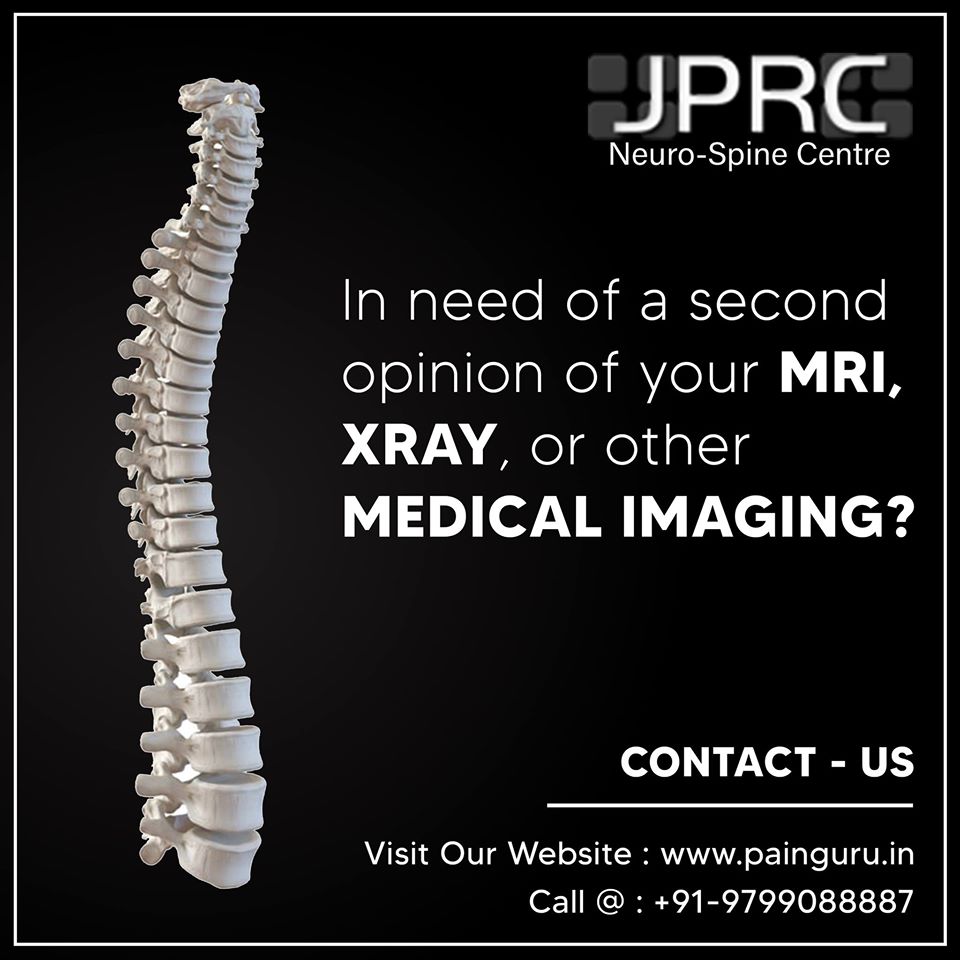






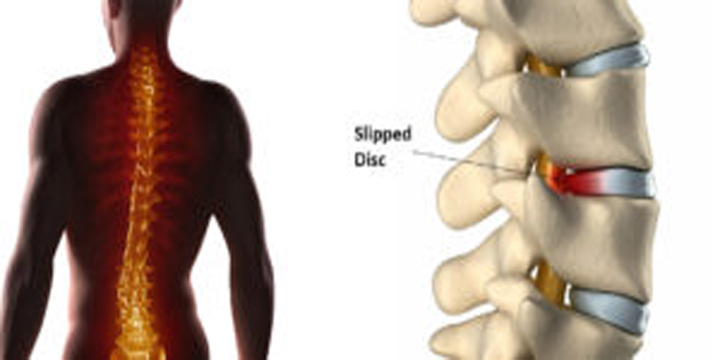
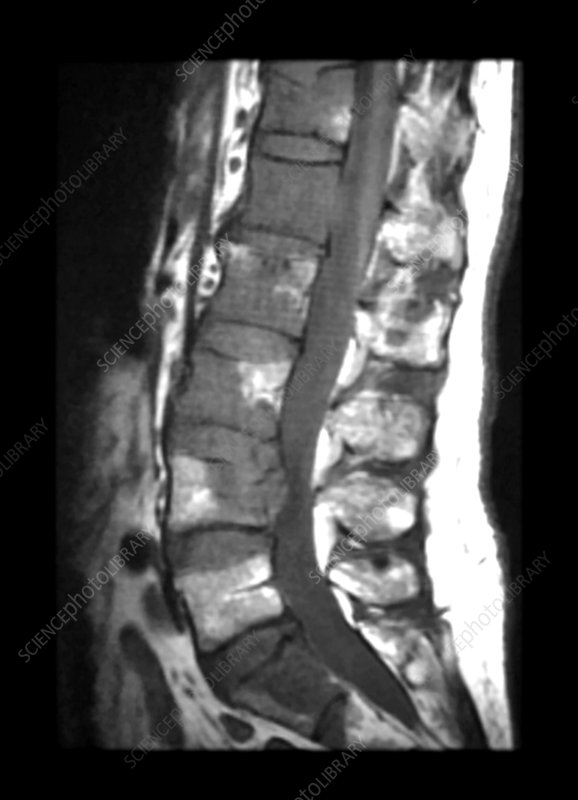




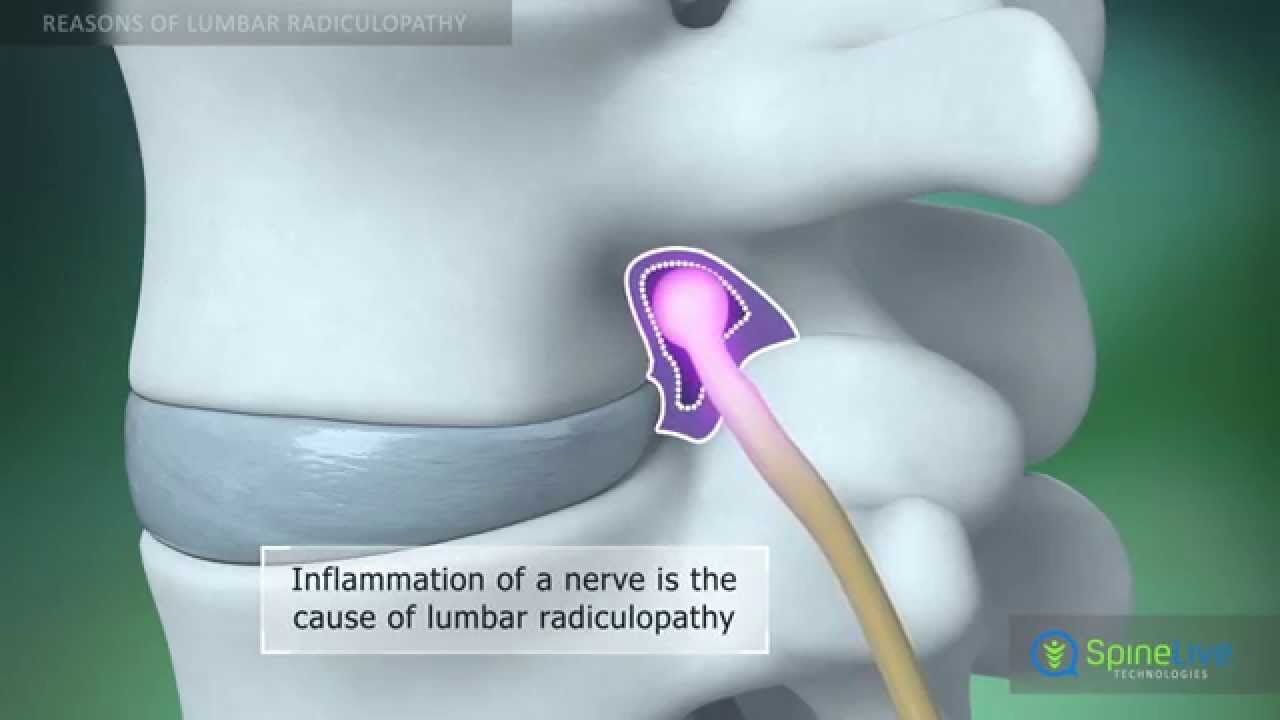
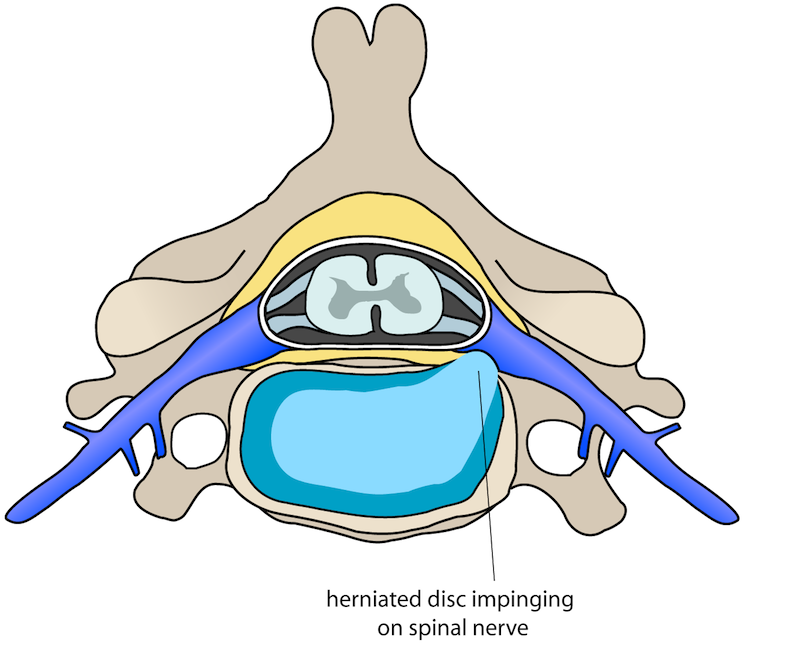
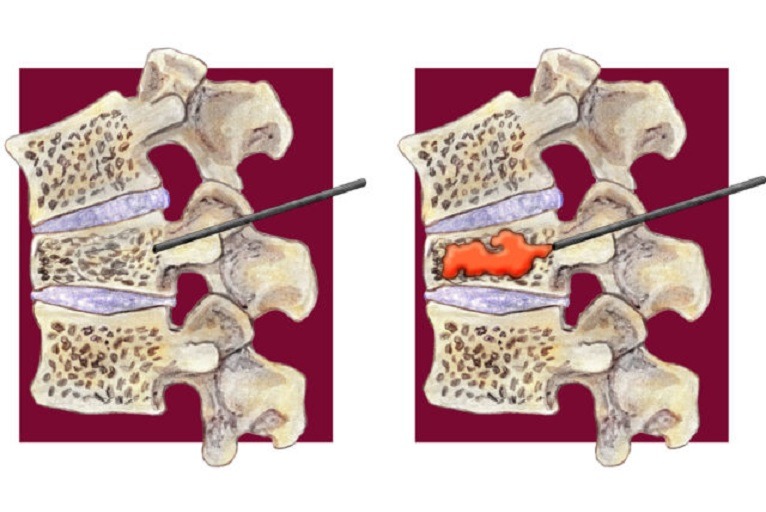











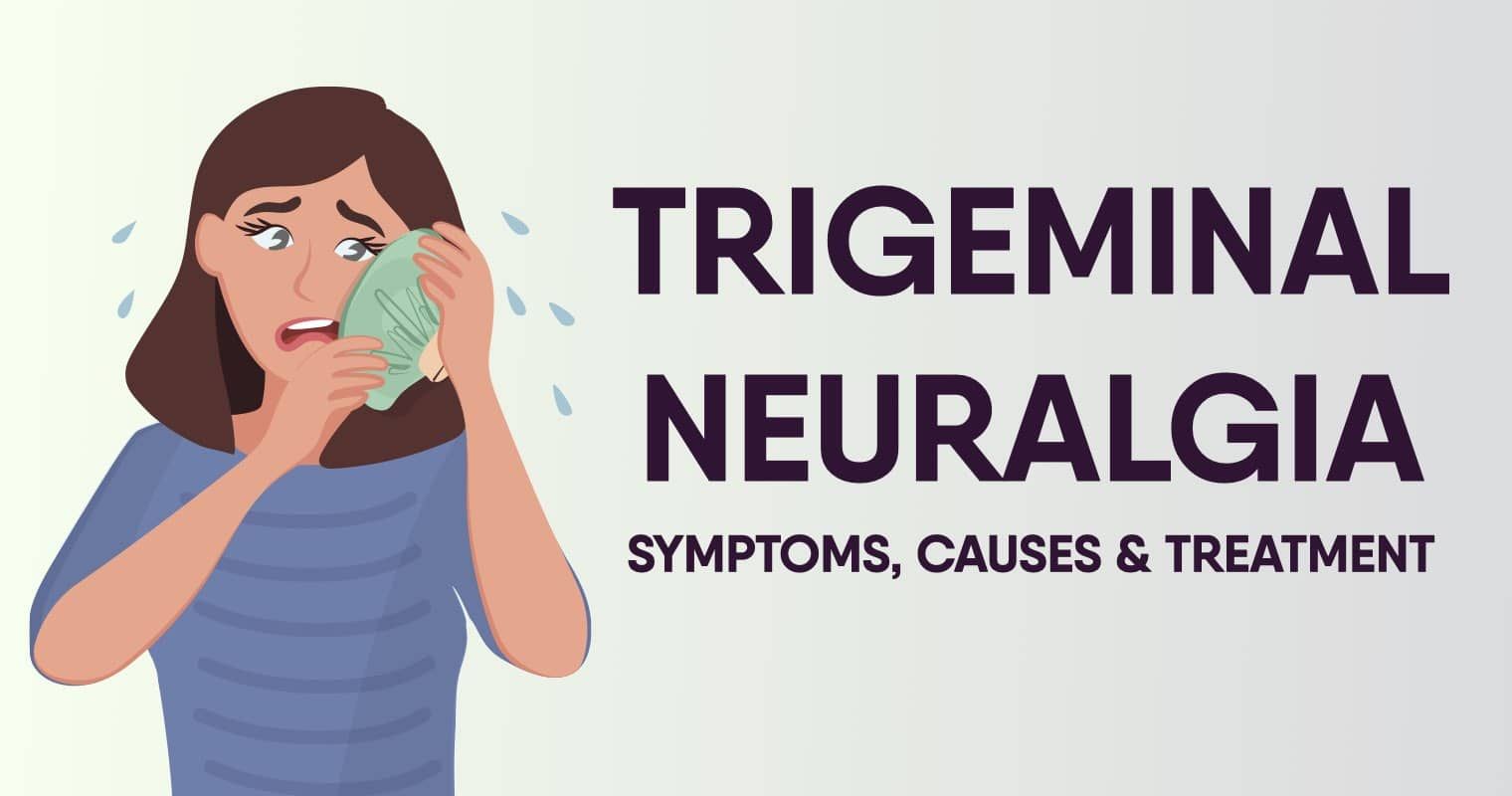

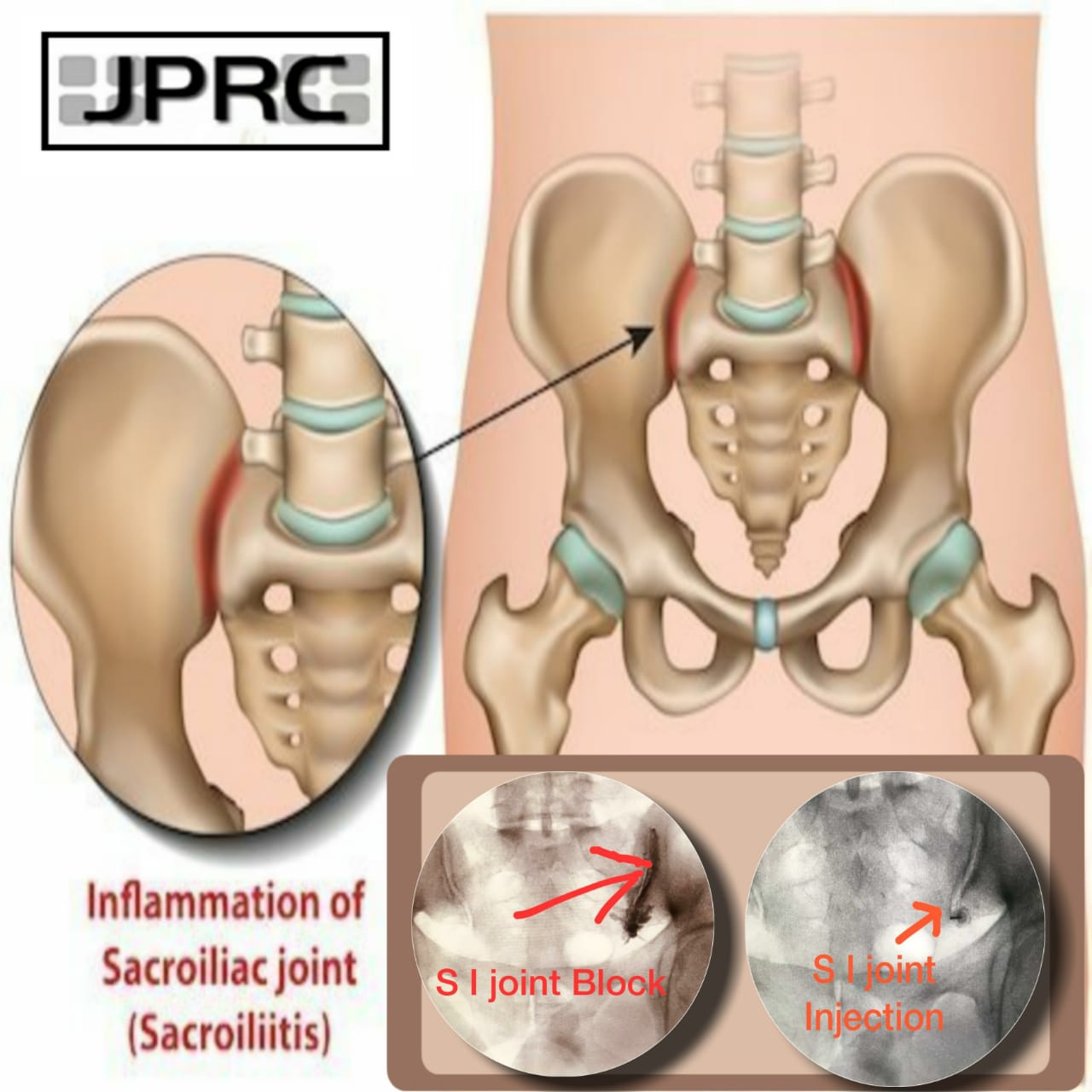





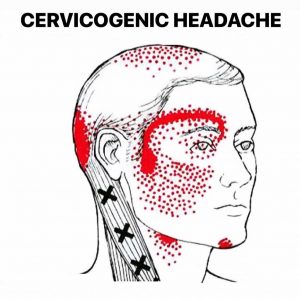




.jpg)











_Injection_Description_in_Hindi.jpg)
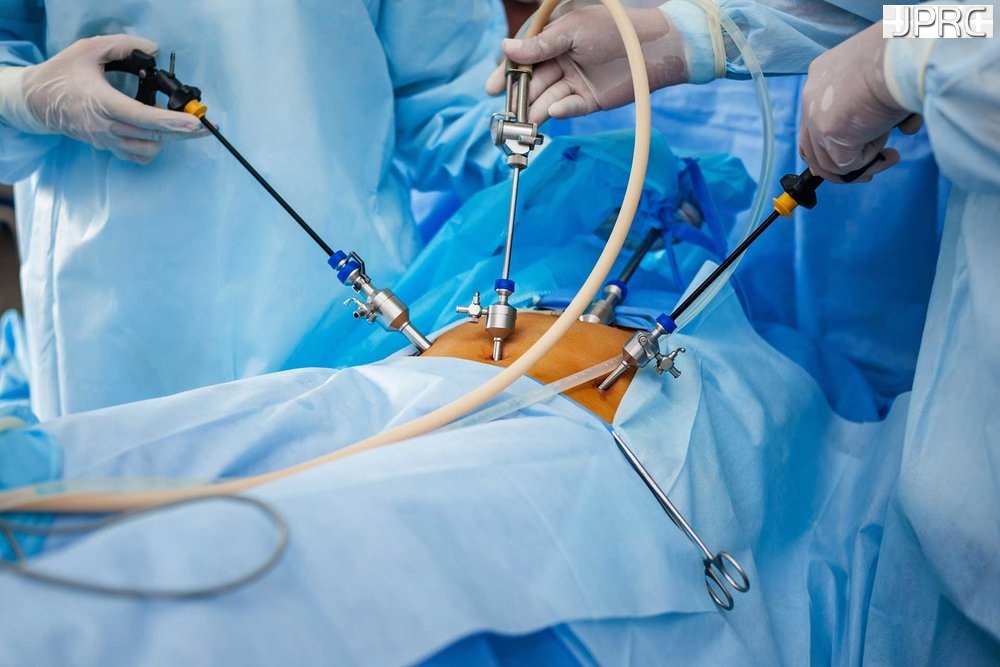

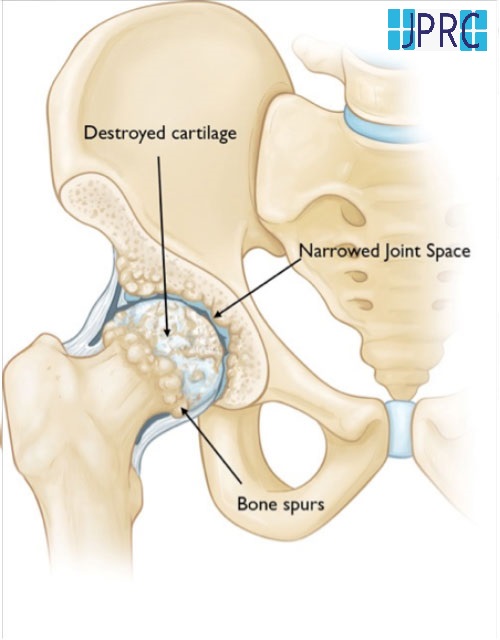



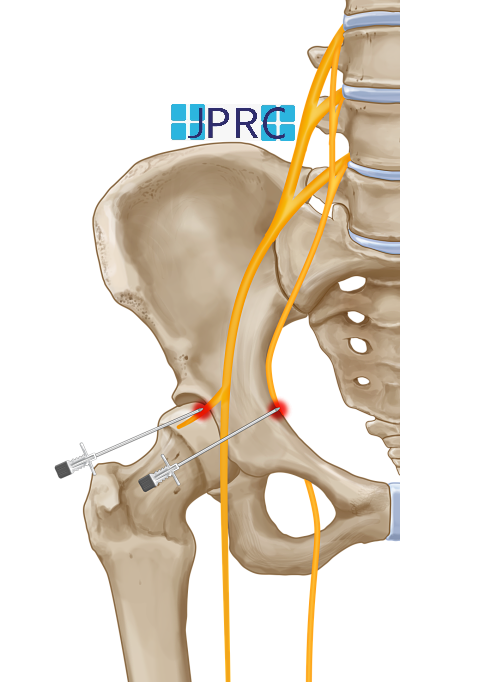


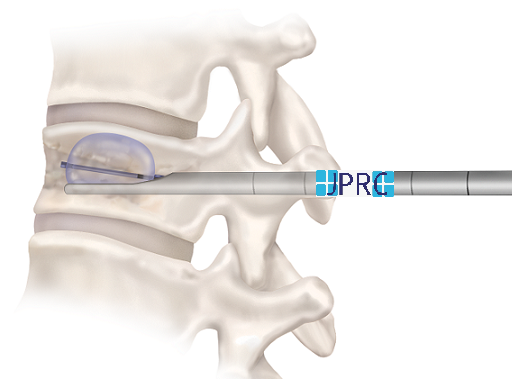

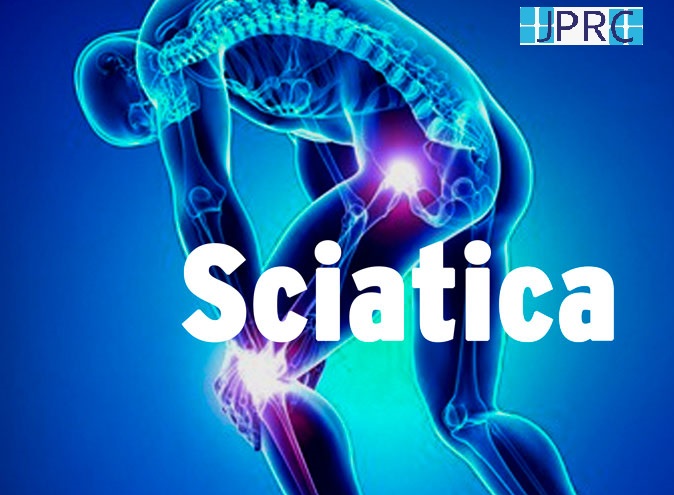



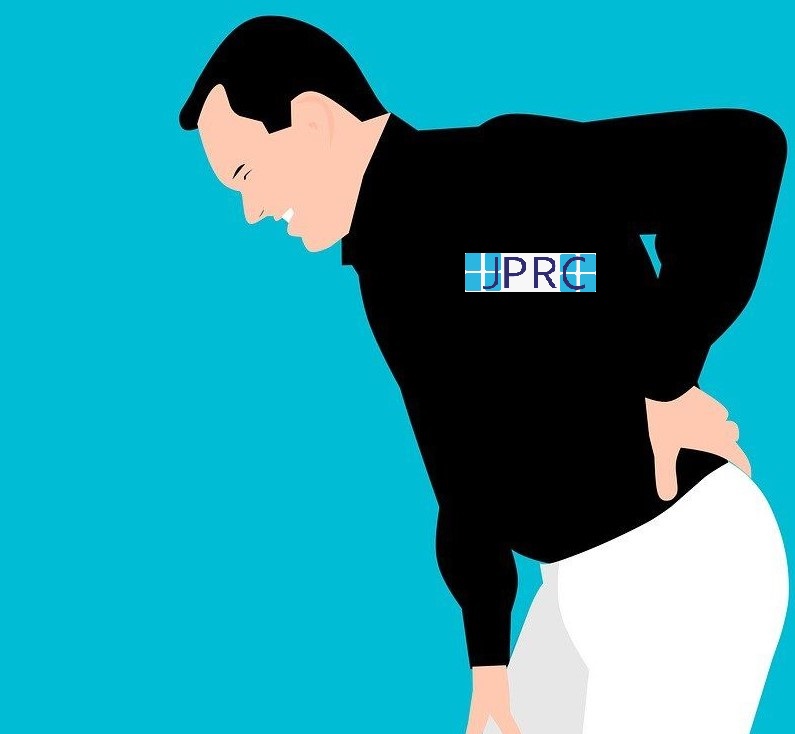
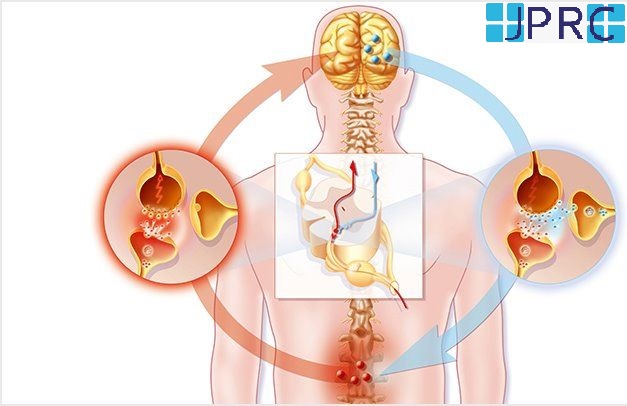


.jpg)
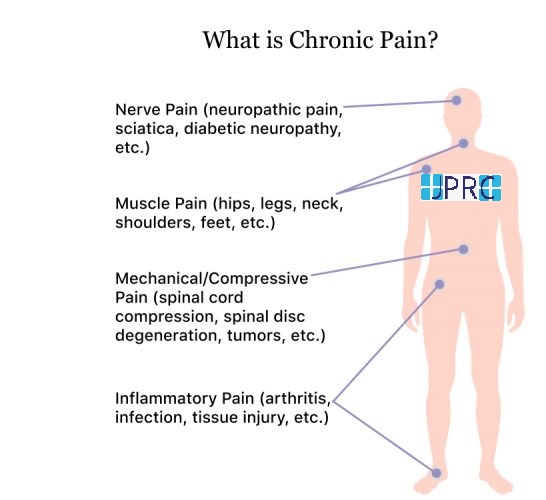









.jpg)




.jpg)
.jpg)
.jpg)



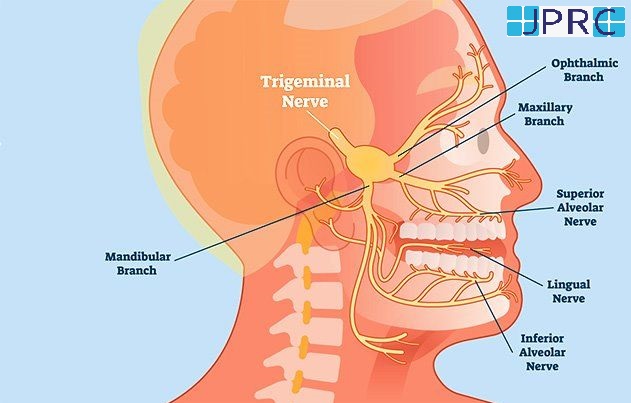



.jpg)
.jpg)
.jpg)
.jpg)
.jpg)
.jpg)
.jpg)
.jpg)
.jpg)
.jpg)
.jpg)
.jpg)
.jpg)
.jpg)
.jpg)
.jpg)
.jpg)
.jpg)
.jpg)
.jpg)
.jpg)
.jpg)








1.jpg)
1.jpg)
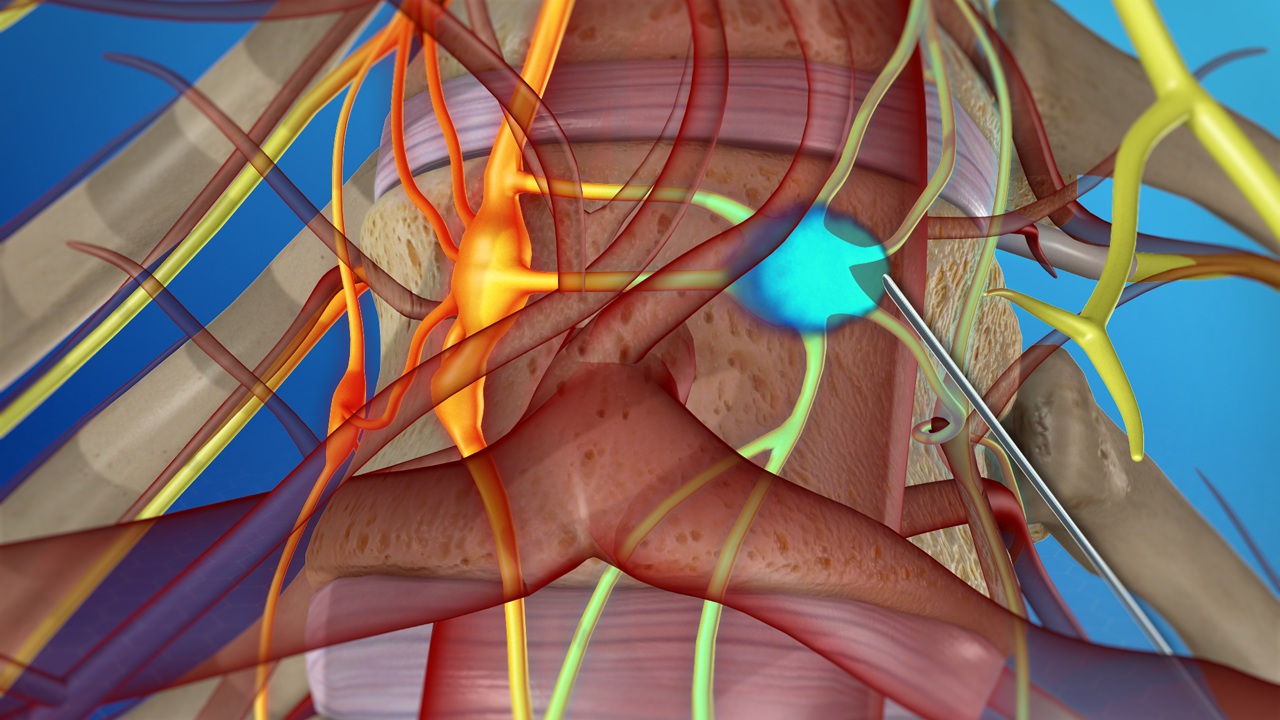
1.jpg)
1.jpg)
1.jpg)
1.jpg)
1.jpg)










2.jpg)
3.jpg)

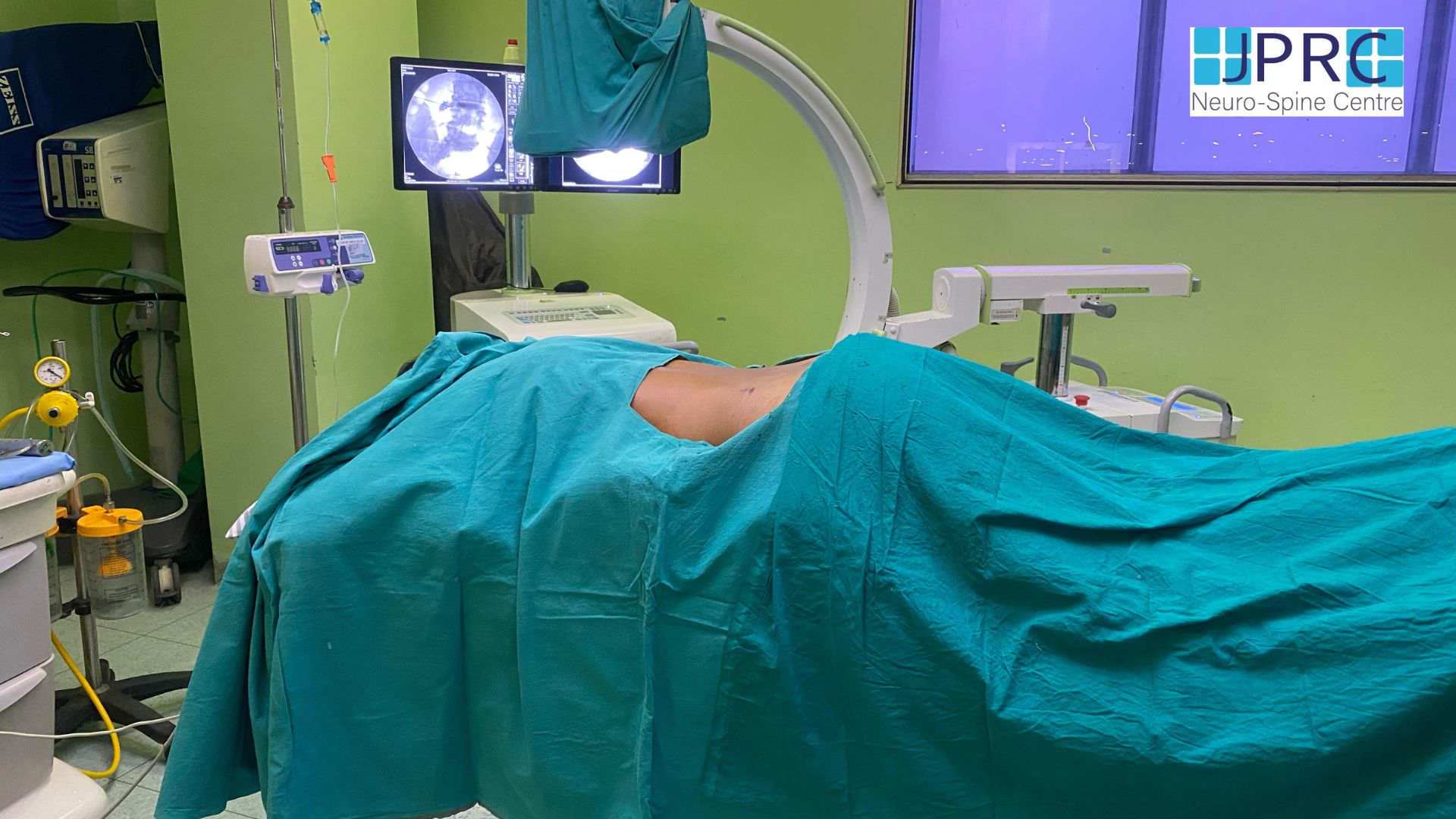

4.jpg)
1.jpg)
2.jpg)

5.jpg)
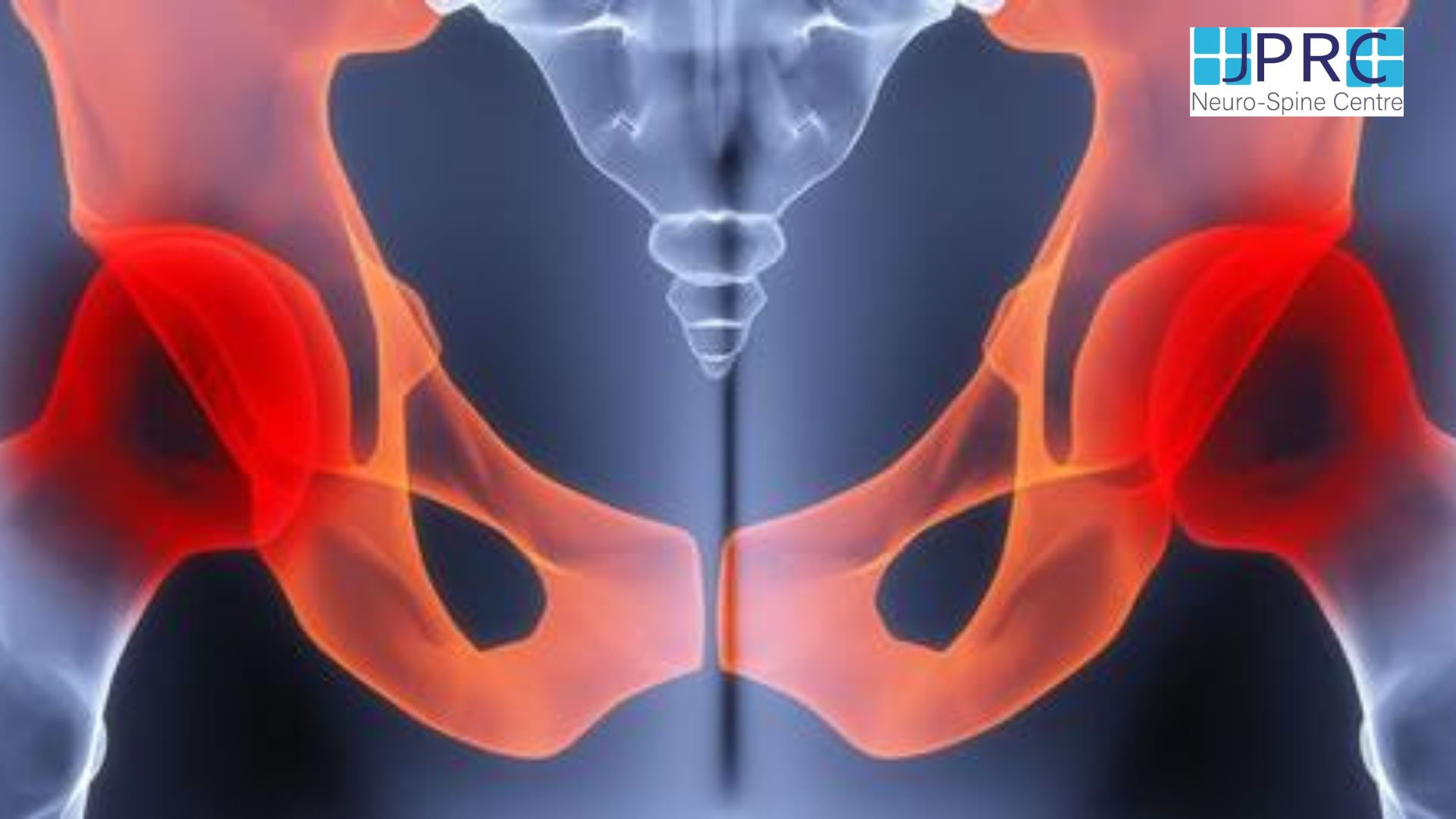
6.jpg)
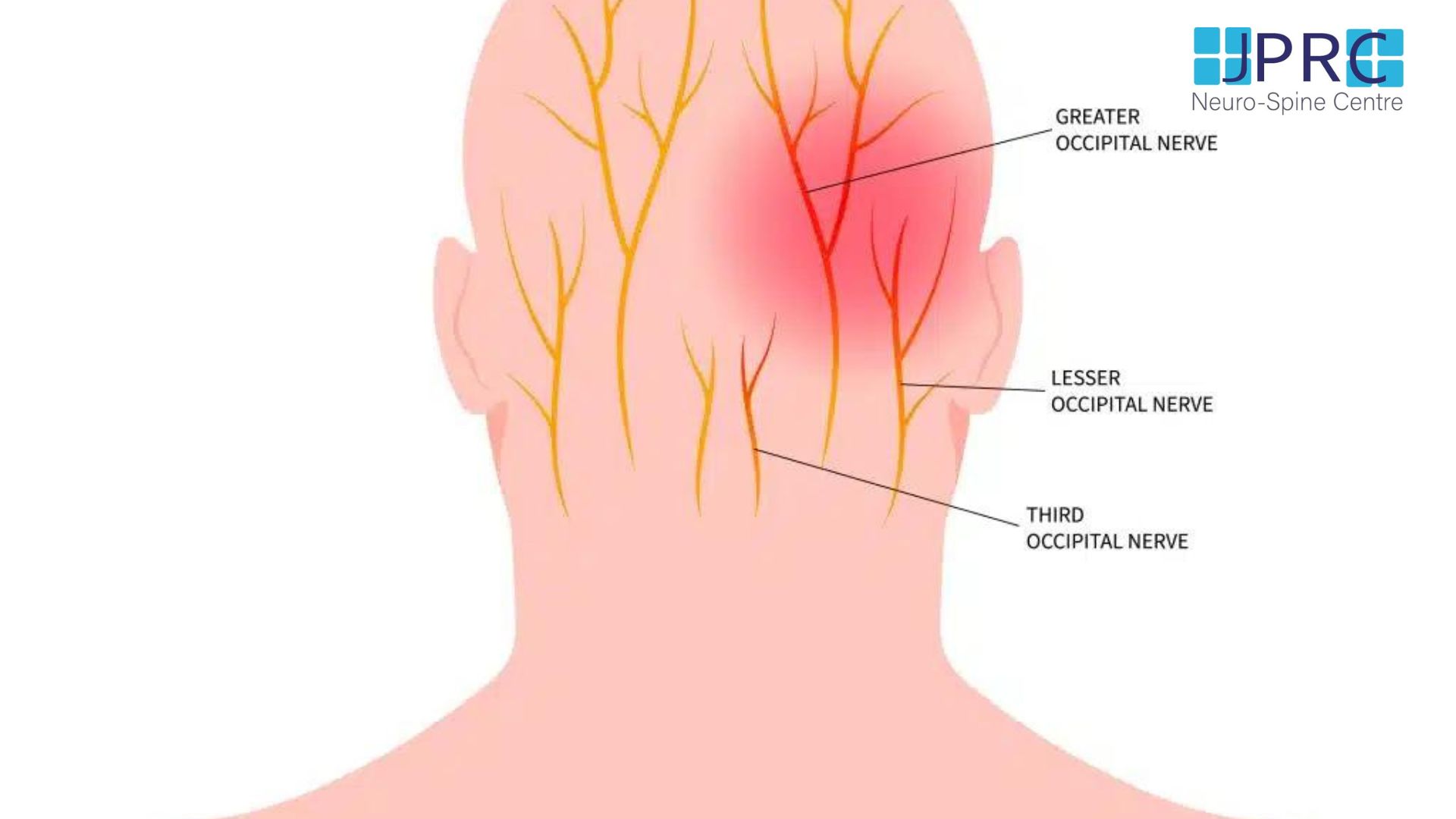
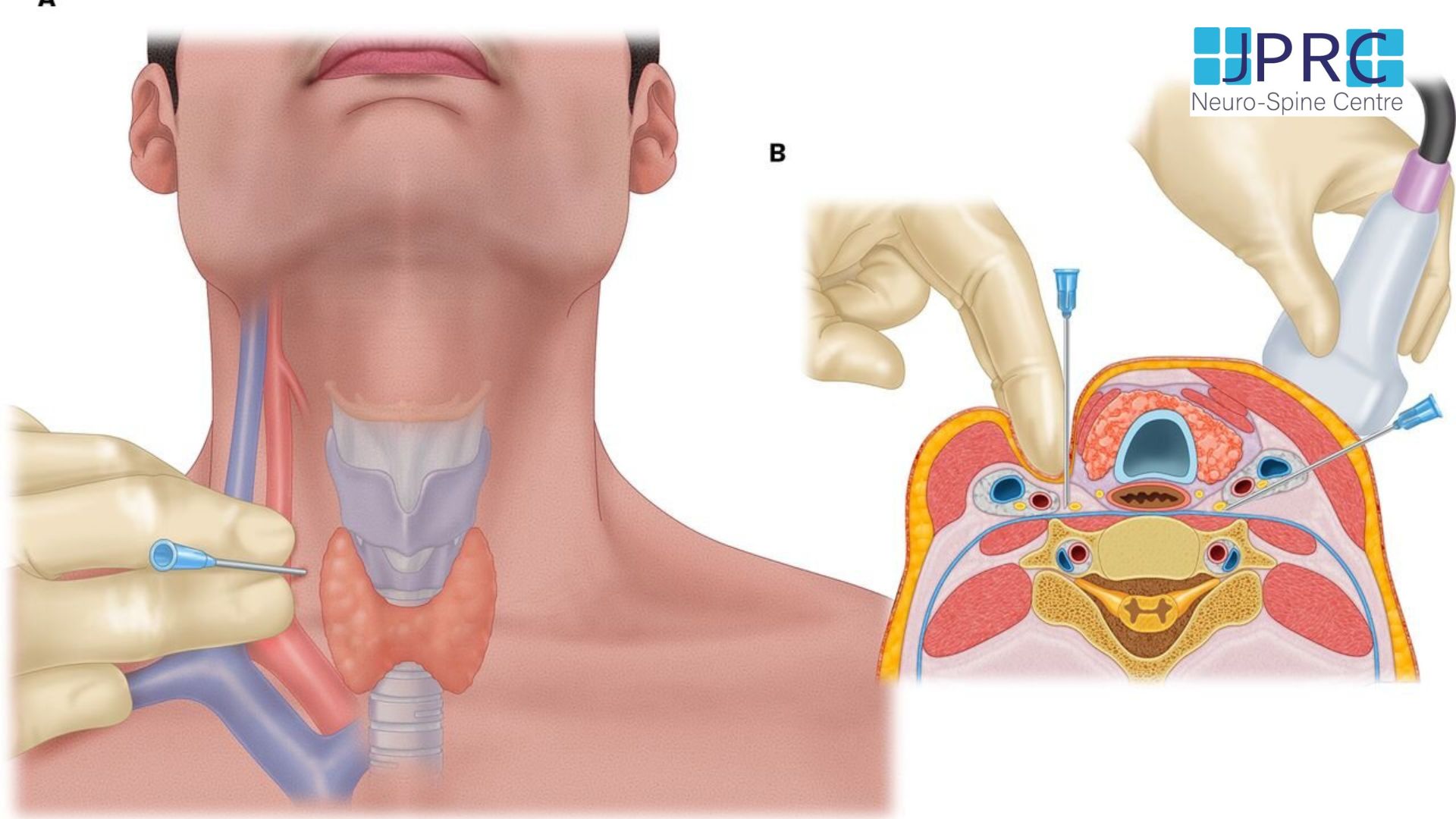


7.jpg)
2.jpg)

8.jpg)

9.jpg)
3.jpg)

10.jpg)

11.jpg)


12.jpg)
4.jpg)




























